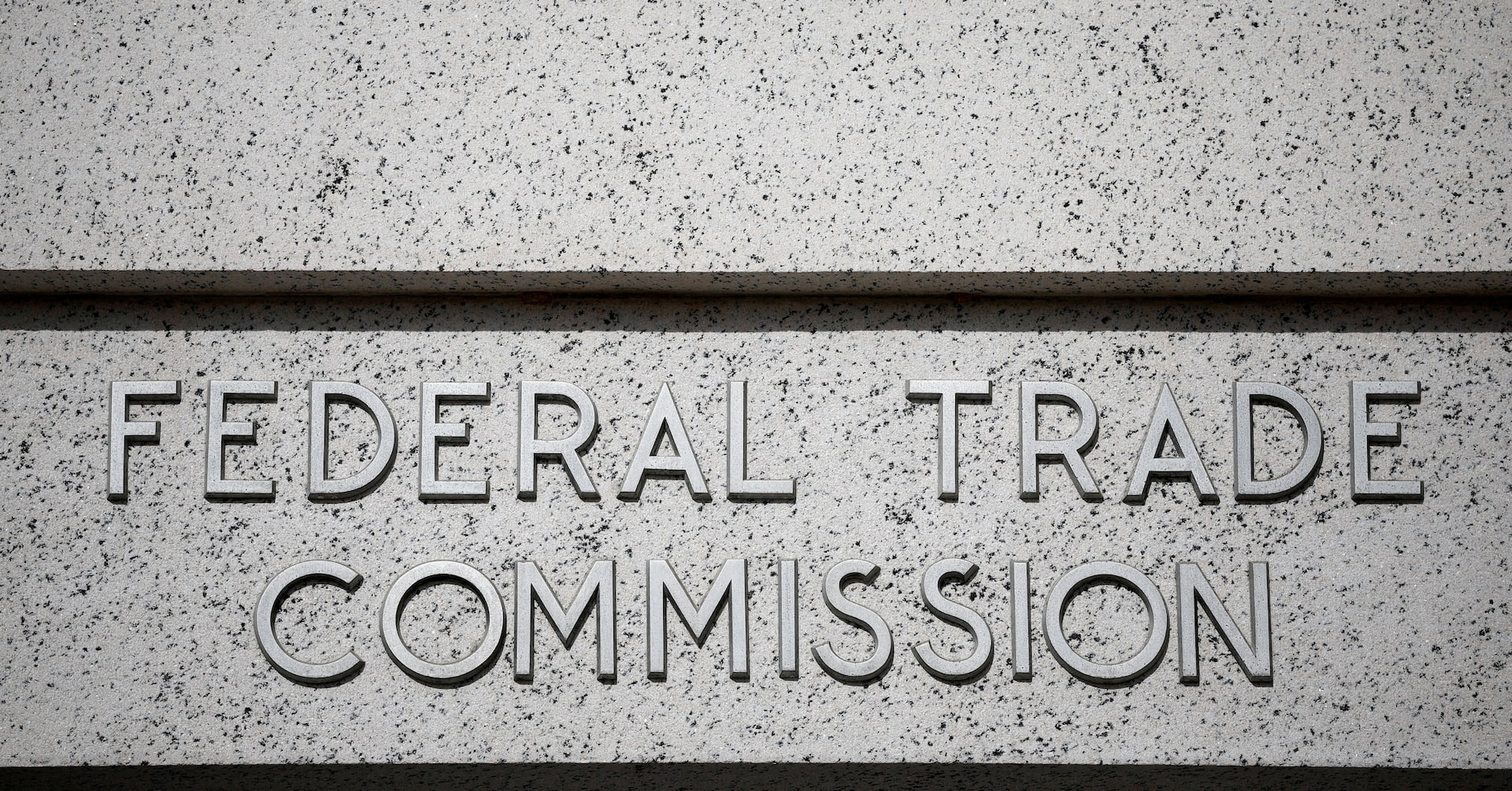Arab countries’ varying interests make it difficult to agree on strategy to deal with Israel
By Zahid Hussain
Copyright dawn

THE much-touted emergency summit in Doha of leaders of Arab-Islamic countries ended with a whimper. The joint statement is strong on rhetoric but weak on concrete action.
The head of states of nearly 60 countries had gathered in Doha to produce a decisive response to Israel after its attack on Qatar last week. But it was all tough talk — nothing more. There is no real strategy to deal with Israel’s increasing bellicosity or to defuse regional tensions.
The attack on Qatar was yet another act of brazen aggression against a sovereign Arab country by Israel. The Zionist state was seen to cross the line yet again when it struck one of America’s closest allies in the Gulf, which is also home to the largest US military base in the region. Anger was palpable across the Arab world and international condemnation of the attack raised expectations that strong measures would be taken to stop Israel’s growing aggression.
Qatar was the sixth country attacked this year by Israel, which is continuing with its genocidal war in Gaza. Israel has killed over 65,000 people so far — most of them women and children. More than a million people have been displaced. With limited food supplies and no cessation in Israeli hostilities, the entire population of the occupied enclave is in danger. Scores of children are dying daily of hunger.
Meanwhile, the Islamic bloc has watched the worst genocide in recent history in silence. Some Arab countries have even continued with their diplomatic and trade relations with Israel. True, there were some voices of protest but no more. Then Israel attacked Lebanon, occupied more territory inside Syria and bombed Yemen and Iran.
The attack on Iran’s nuclear facilities in June was the most brazen joint military action by Israel and the US against a sovereign state. Yet, apart from some meek condemnation, no concrete action was taken by the Muslim world.
Muslim states have watched the worst genocide in recent times in silence.
The Zionist state extended its military operations to the West Bank and announced plans to expand the settlement forcibly taking Palestinian land. Now Israel’s extreme right government has announced that it intends to permanently occupy Gaza and force its entire population to leave. It is apparent that Israel’s genocide in Gaza and attack on Arab countries has full US backing.
Israel has received billions of dollars in military aid from the US and enjoys Washington’s full support in its military incursions in the region. Not only that, Arab countries have failed to put any kind of pressure on Washington to use its leverage to stop Israel, and, in fact, made every effort to please President Donald Trump when he visited the Middle East in the summer.
The gulf sheikhdoms promised to invest trillions of dollars in the US. Qatar gifted a $400 million plane to Trump, besides signing a multibillion-dollar deal with the US for the purchase of arms. But even that proved no guarantee of safety from the attacks of America’s closest ally.
Israel’s fighter planes struck a residential building in a Doha neighbourhood last week, killing five Hamas members and a Qatari security officer. The attack targeted the Hamas negotiating team, which had gathered to discuss a fresh peace plan proposed by the Trump administration. A top Hamas leader was also present. They had reportedly agreed to most of the proposals when Israel struck — missing the five negotiating members but killing some other members.
It was obvious that the purpose of the Israeli attack was to sabotage any ceasefire deal. Qatar has been involved in efforts to mediate between Israel and Hamas since the invasion of Gaza almost two years ago. Doha also hosted Israeli officials engaged in the negotiations that had American backing.
Israeli Prime Minister Benjamin Netanyahu justified the attack, indicating he didn’t need Washington’s approval. Trump said that he was not informed about the attack by Israel and got to know about the impending strike from US military sources.
And yet, Qatar was not alerted — quite intriguing if we consider that thousands of American soldiers are based in that country. Moreover, Qatar’s air defence system is supported by US technology. Trump expressed his displeasure over the strike but never condemned Israel by name. Critics believe that the overdependence of Qatar and other Gulf sheikhdoms on the US makes these states extremely vulnerable to Israeli aggression.
A statement released after the summit warned that Israel’s “brutal” aggression “threatens all that has been achieved on the path towards establishing normal relations with Israel, including existing and future agreements”. It also called upon the US to use its leverage to stop Israel. The suggestion makes little sense given that the Zionist state’s strong lobby has far grea-ter leverage over American administrations.
While the Arab and other Muslim heads of states were deliberating on united action against Israel, Netanyahu appeared to indicate, at a joint press conference with US Secretary of State Marco Rubio, that he would attack Qatar again to eliminate Hamas leaders. The two seemed united notwithstanding reports about differences between Trump and Netanyahu. Top US diplomats cast doubt on the chances of a negotiated peace deal that could end the Gaza war.
For sure, Arab countries have some leverage they could use to pressure Israel, but there is no real sense of unity among them on concrete action. The interests of these countries vary, making it difficult for them to agree on an effective strategy to deal with the growing Israeli threat.
Some Arab countries are not even ready to break off diplomatic ties with Israel for economic or security reasons. A divided house cannot protect itself. Statements of solidarity are often just for show and mean nothing.
The writer is an author and journalist.
zhussain100@yahoo.com
X: @hidhussain
Published in Dawn, September 17th, 2025



